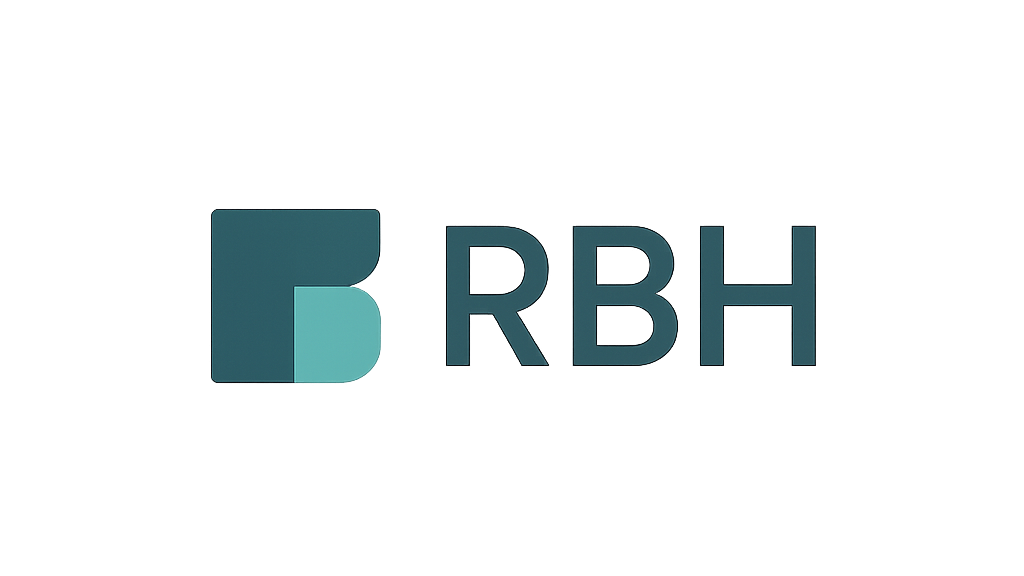In today’s fast-paced job market, having a compelling Janitor resume is essential for making a lasting impression on potential employers. Our collection of resume examples for Janitor roles offers invaluable insights and templates that highlight your strengths, experience, and dedication to cleanliness and maintenance. Whether you’re a seasoned professional or just starting out, these examples will empower you to create a resume that stands out and showcases why you’re the perfect fit for your next job.
Janitor Resume Examples – Free Download
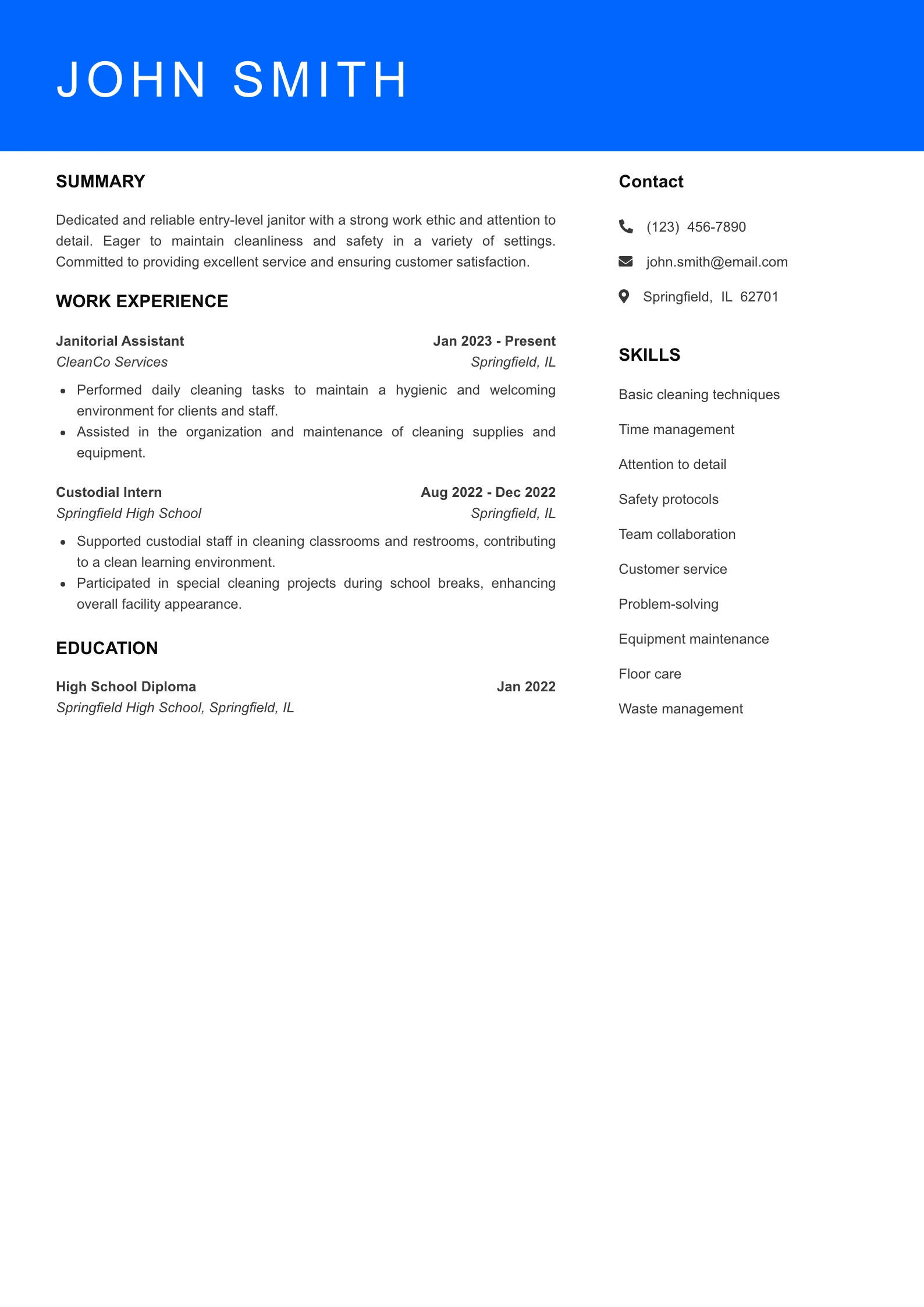

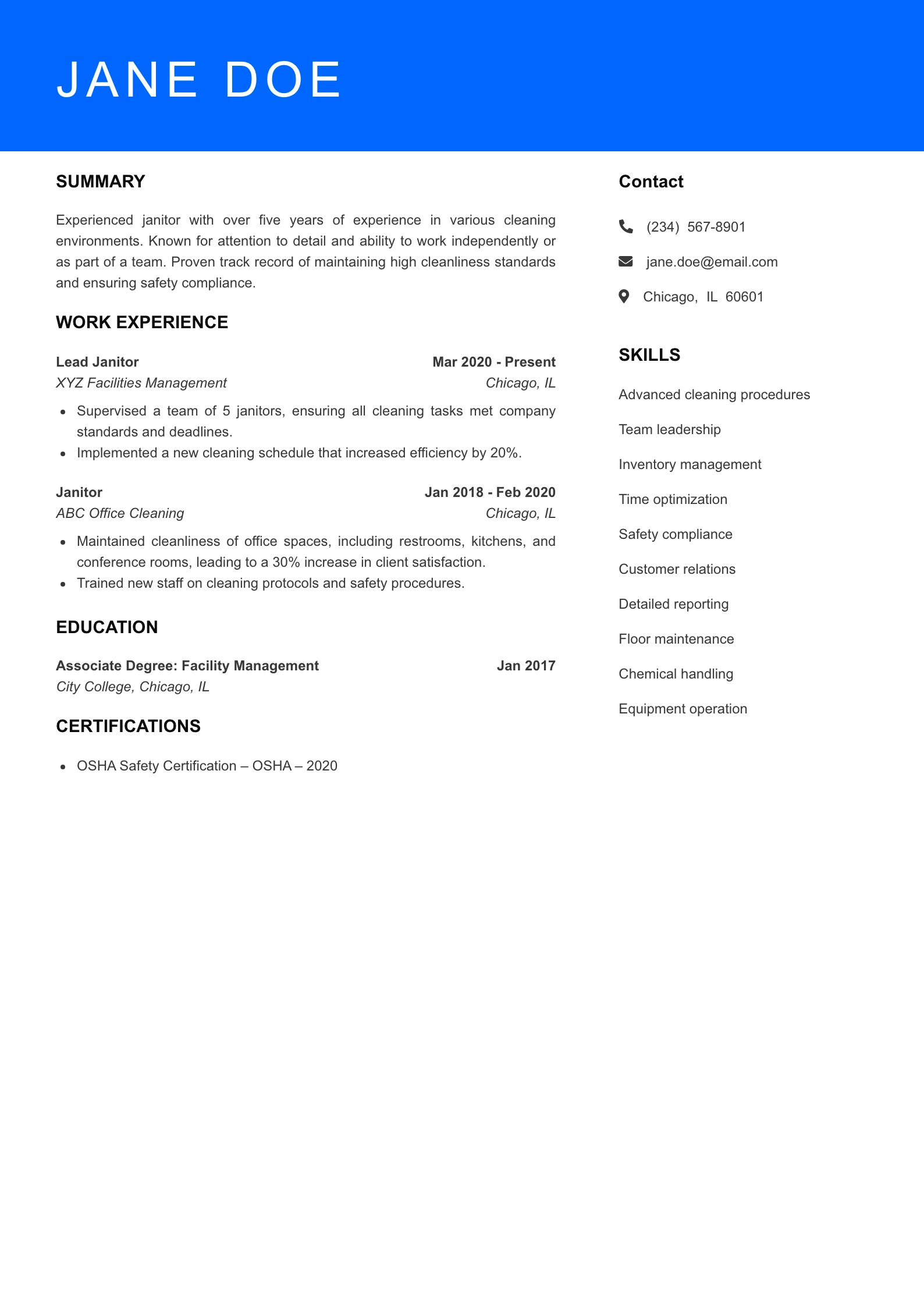
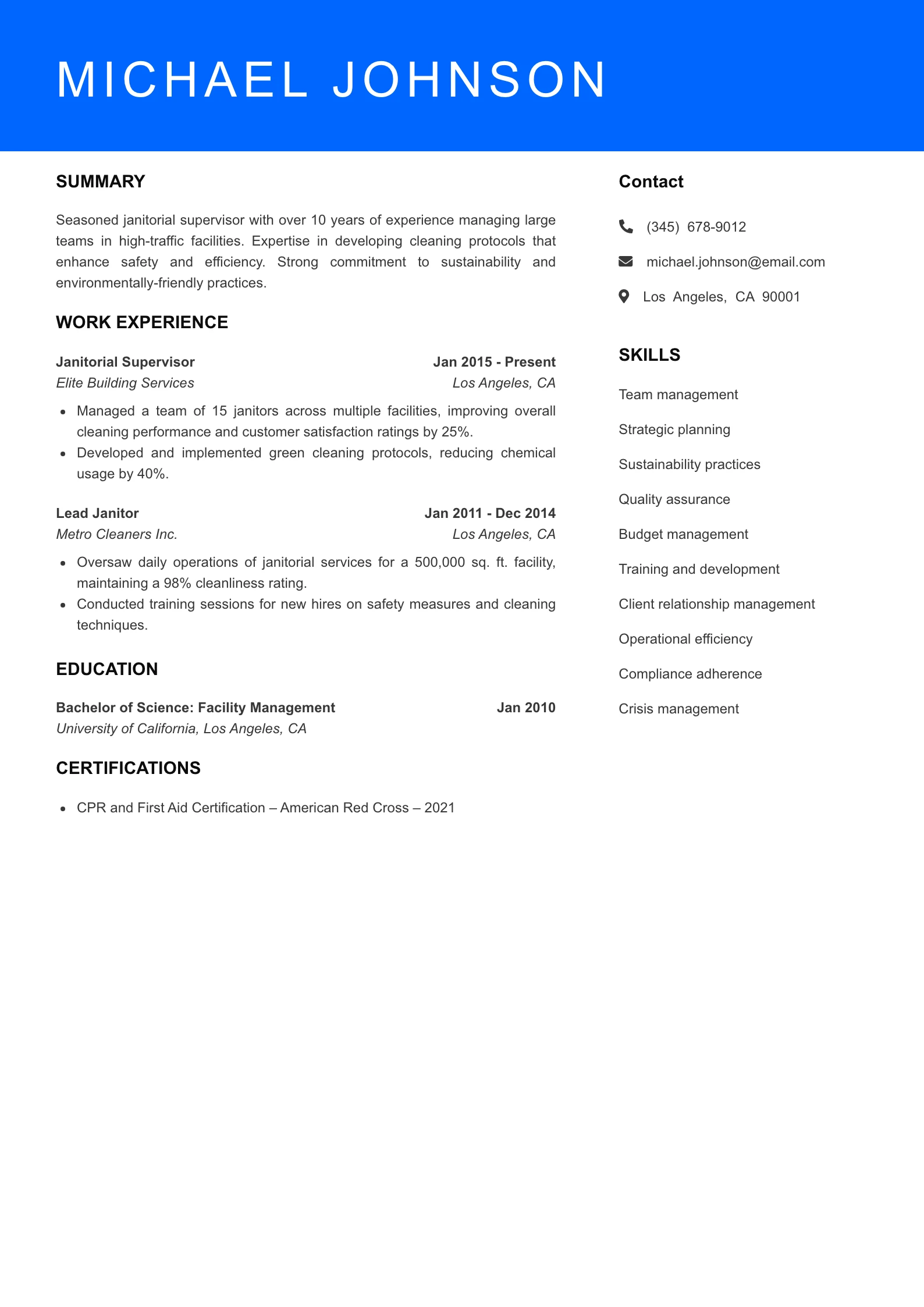
Janitor Resume Examples
Entry Level Janitor Resume Example
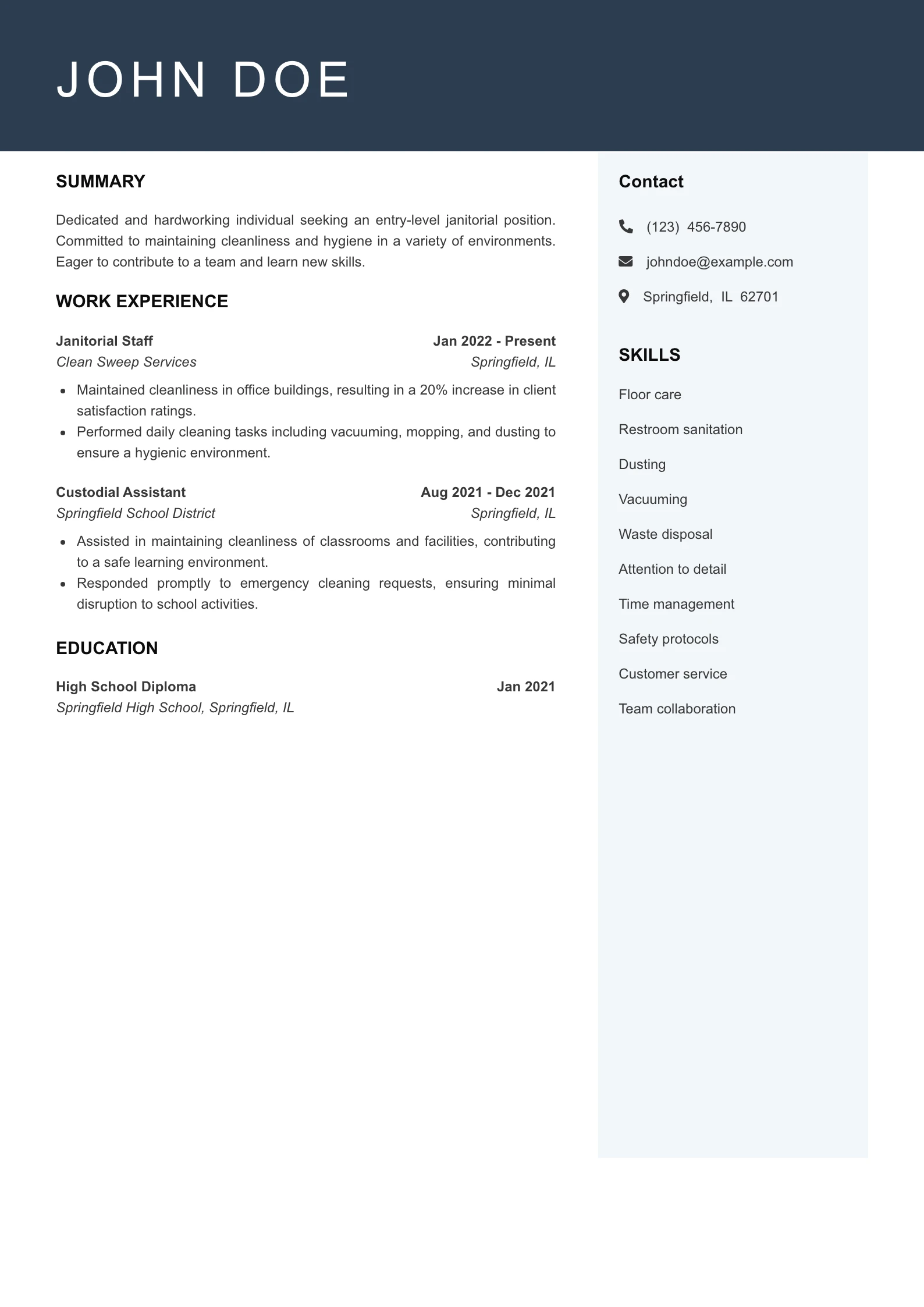
Why This Resume Works
- The summary clearly states John Doe’s career objective and showcases his commitment to cleanliness and teamwork, setting a focused tone for the resume.
- The skills section highlights relevant abilities essential for a janitorial position, such as attention to detail and safety protocols, making him a suitable candidate for the role.
- The work history includes quantifiable achievements, such as a 20% increase in client satisfaction, demonstrating the impact of his contributions and enhancing his appeal to potential employers.
- The resume aligns well with an entry-level position, effectively portraying his experience and readiness to enter the workforce in a janitorial role.
- The overall clarity and professional tone of the resume facilitate easy reading and understanding, making it easy for hiring managers to assess his qualifications quickly.
Mid Level Janitor Resume Example
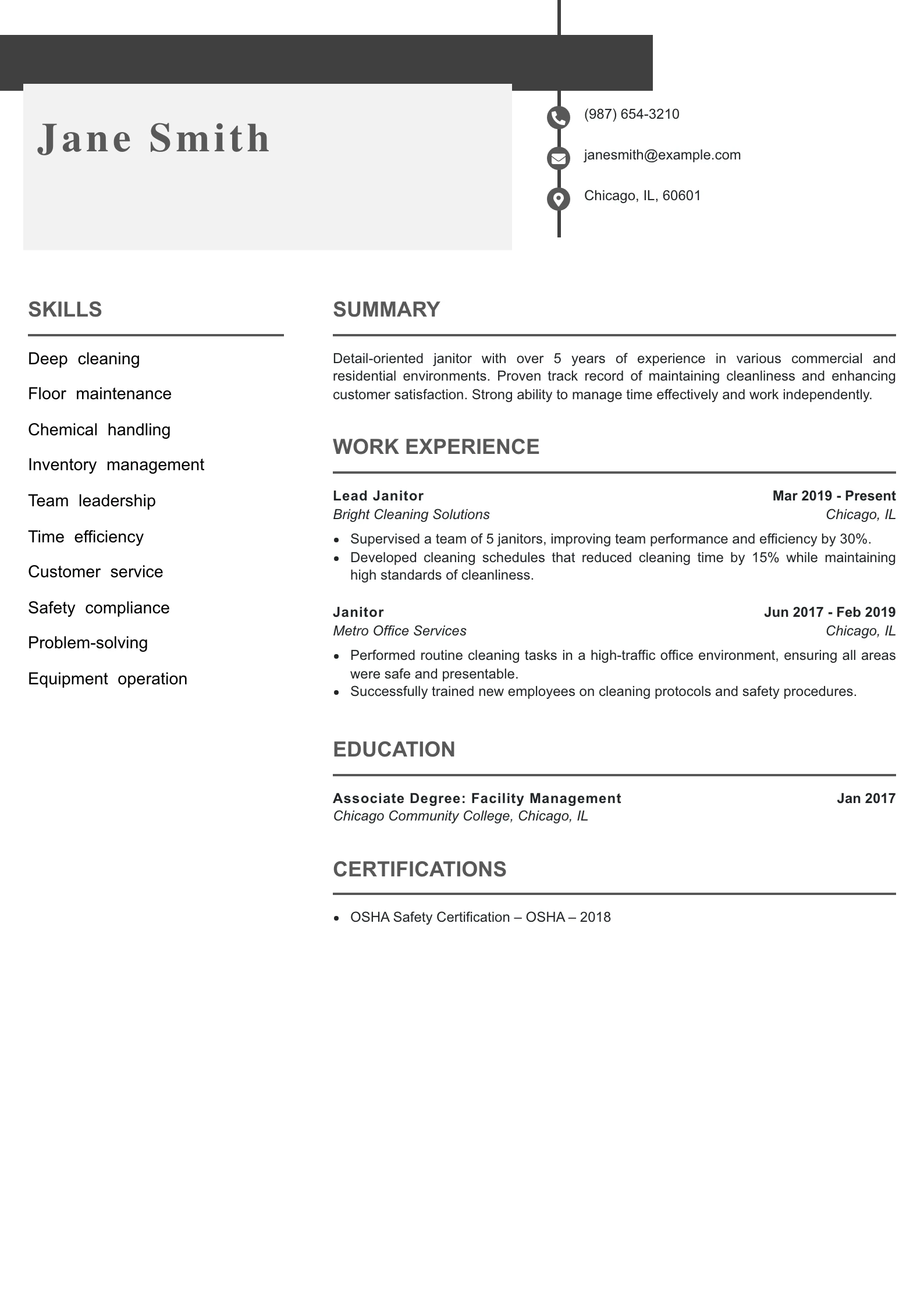
Why This Resume Works
- The summary clearly outlines Jane’s experience and strengths, making it easy for readers to understand her qualifications at a glance.
- Relevant skills are well-defined and tailored to the janitorial field, showcasing both technical and soft skills essential for effective performance in cleaning roles.
- The work history highlights impactful achievements, such as improving team performance and reducing cleaning time, which demonstrate her ability to drive results and enhance operations.
- The experience level is appropriate for a mid-level position, indicating that Jane has gained significant expertise and responsibility over her 5 years in the field.
- The clarity and tone of the resume are professional and straightforward, making it accessible and appealing to hiring managers in the facilities management sector.
Senior Level Janitor Resume Example
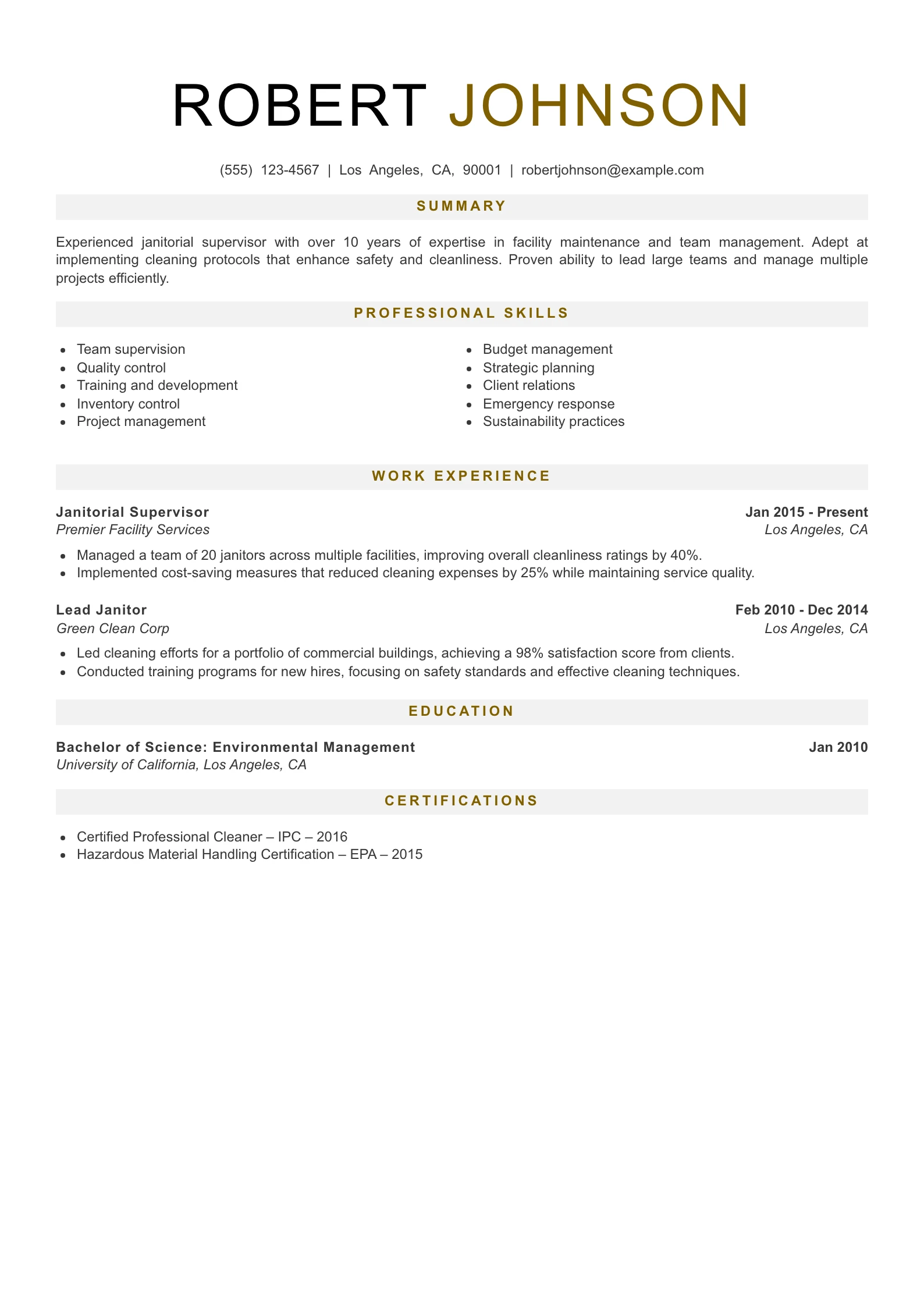
Why This Resume Works
- The summary clearly outlines Robert’s extensive experience in facility maintenance and team management, positioning him as a seasoned candidate for roles in the janitorial and cleaning industry.
- The skills section is comprehensive and relevant, highlighting key competencies such as team supervision and budget management, which are crucial for a managerial position.
- The work history includes quantifiable achievements, such as improving cleanliness ratings by 40% and reducing expenses by 25%, demonstrating a strong impact on the organization’s efficiency and cost-effectiveness.
- The resume indicates a mid-level job fit, showcasing a progression from Lead Janitor to Janitorial Supervisor, which aligns with typical career advancement in the field.
- The clarity and tone of the resume are professional and straightforward, making it easy for hiring managers to quickly assess Robert’s qualifications and accomplishments.
How to Craft a Strong Janitor Resume
Creating a compelling resume is crucial for janitors seeking new job opportunities. A well-crafted resume not only serves as a reflection of your skills and experience but also helps you stand out to hiring managers. They typically look for specific qualifications and attributes that indicate a candidate can maintain hygiene and cleanliness effectively. This guide will help you highlight your strengths and present your qualifications in the best light.
Summary Statement
A strong summary is essential for a janitor’s resume because it provides a quick snapshot of your qualifications and sets the tone for the rest of the document. This section should convey your experience level, any specializations, relevant soft skills, and certifications, if applicable. A well-crafted summary can grab a hiring manager’s attention and encourage them to read further.
When writing your summary, aim for a confident and tailored tone that highlights your results. Focus on showcasing what you bring to the table rather than merely listing duties from previous jobs. Personalize it to reflect your unique abilities and experiences.
Detail-oriented janitor with experience in maintaining cleanliness in both commercial and residential settings. Committed to providing a safe and sanitary environment through diligence and attention to detail.
Mid-Level:
Experienced janitor with over 5 years in facilities management. Proven track record of implementing effective cleaning strategies and maintaining high standards of cleanliness and safety in large-scale facilities.
Skills & Qualifications
Highlighting the right skills and qualifications is vital for a janitor’s resume. Core skills may include cleaning techniques, equipment operation, and safety protocols. Soft skills such as attention to detail, reliability, and communication are equally important, as these traits can determine how well you perform your job.
To extract the most relevant skills, review job descriptions and identify keywords that hiring managers frequently use. Incorporating these terms into your resume can also help with Applicant Tracking Systems (ATS) that scan for specific skills.
- Floor care expertise
- Waste management
- Chemical handling
- Attention to detail
- Time management
- Communication skills
- Safety compliance
- Equipment maintenance
Top ATS Keywords for Janitor
Work History
Your work history should focus on relevant experience that showcases your ability to meet the demands of the janitorial role. Highlight any specialties, metrics, or leadership experiences that can set you apart. Use reverse-chronological formatting to list your roles, starting with the most recent.
Quantifying your achievements with metrics can make a significant impact. For example, instead of saying you managed cleaning tasks, you could state that you reduced cleaning time by 20% through efficient scheduling and teamwork.
Janitor, Clean Green Services, Chicago, IL, Jan 2022 – Present
– Ensured cleanliness of offices and restrooms in a commercial building
– Reported maintenance issues to management promptly
– Maintained inventory of cleaning supplies.
Mid-Level:
Lead Janitor, Citywide Cleaning Co., Los Angeles, CA, Feb 2018 – Dec 2021
– Oversaw a team of janitors and coordinated cleaning schedules for multiple facilities
– Reduced cleaning costs by 15% through efficient resource management
– Trained new staff on safety protocols and cleaning techniques.
Education
While formal education may not always be required for janitorial positions, having a high school diploma or equivalent is often considered ideal. If you have any specialized training or certifications in cleaning techniques or safety protocols, be sure to include them as well.
When formatting your education section, list your degrees and certifications clearly, including the name of the institution, city, state, and graduation date. Even if you didn’t complete a degree, you can still include relevant courses or training.
High School Diploma, School Name, City, State, Graduation Year
Example:
High School Diploma, Lincoln High School, Los Angeles, CA, 2016
Additional Sections
Consider adding optional sections to your resume that can set you apart, such as Certifications, Languages, or Awards. Including certifications can demonstrate your commitment to the profession and enhance your qualifications.
For janitors, specific certifications may include OSHA Safety Training or specialized cleaning certifications. Be sure to format these sections clearly for readability.
- OSHA Safety Training Certification – 2021
- Cleaning and Sanitation Certification – 2020
Do’s and Don’ts
To maximize the effectiveness of your janitor resume, keep the following tips in mind:
Do:
- Tailor your resume for ATS by using relevant keywords.
- Show the impact of your work using metrics.
- Use industry-specific terms to demonstrate your knowledge.
Don’t:
- Use generic statements that don’t highlight your unique qualifications.
- Ignore the importance of soft skills.
- Overuse buzzwords without context or evidence.
